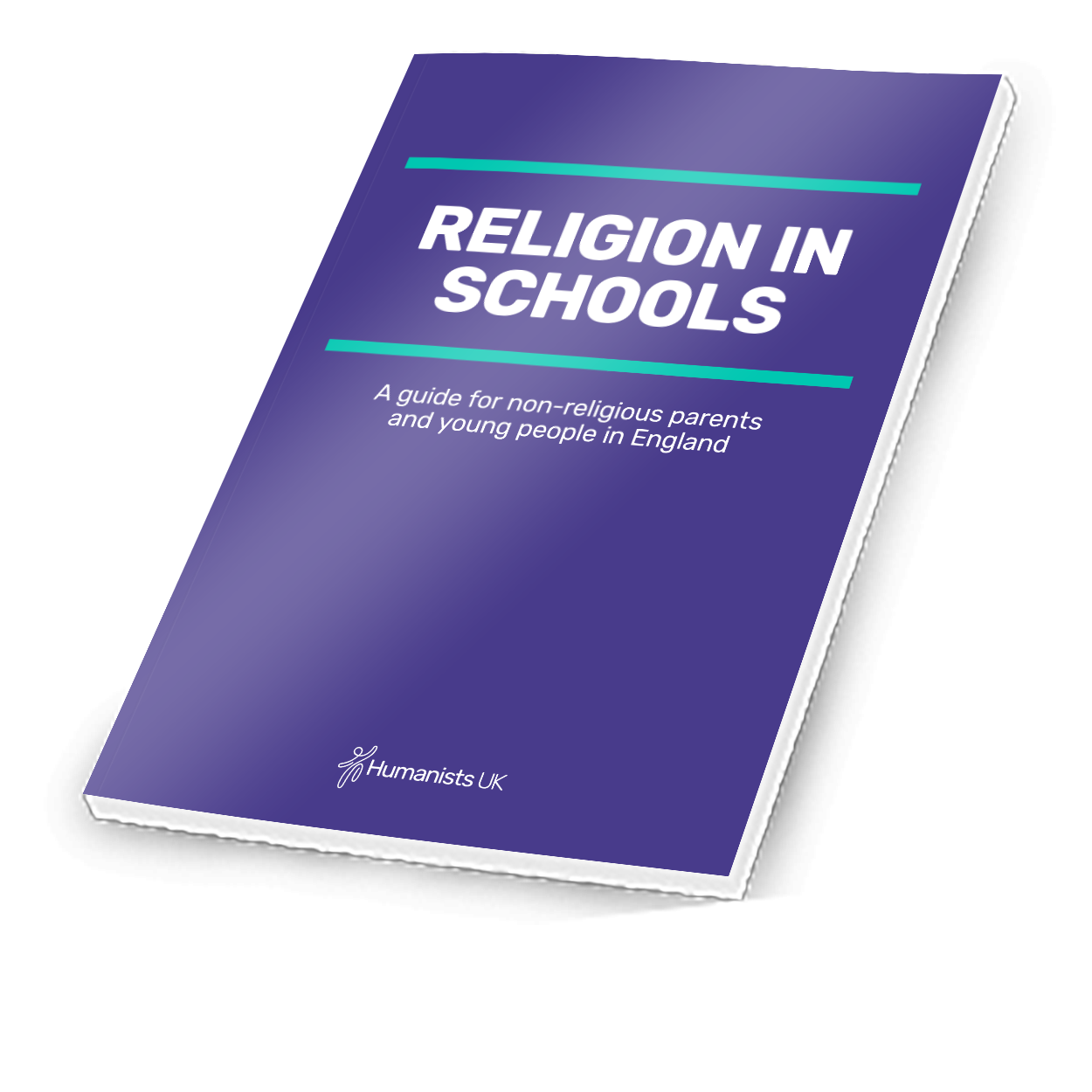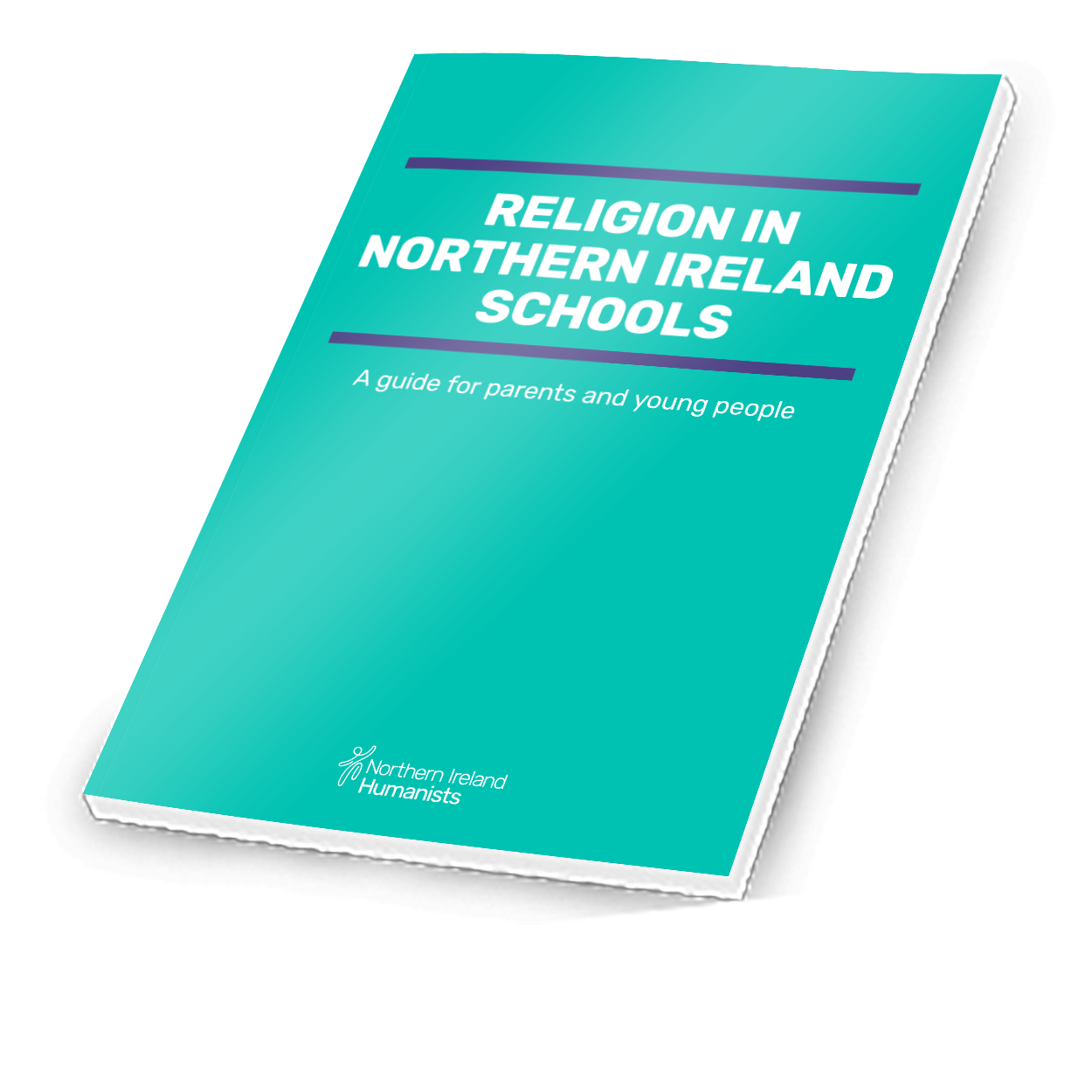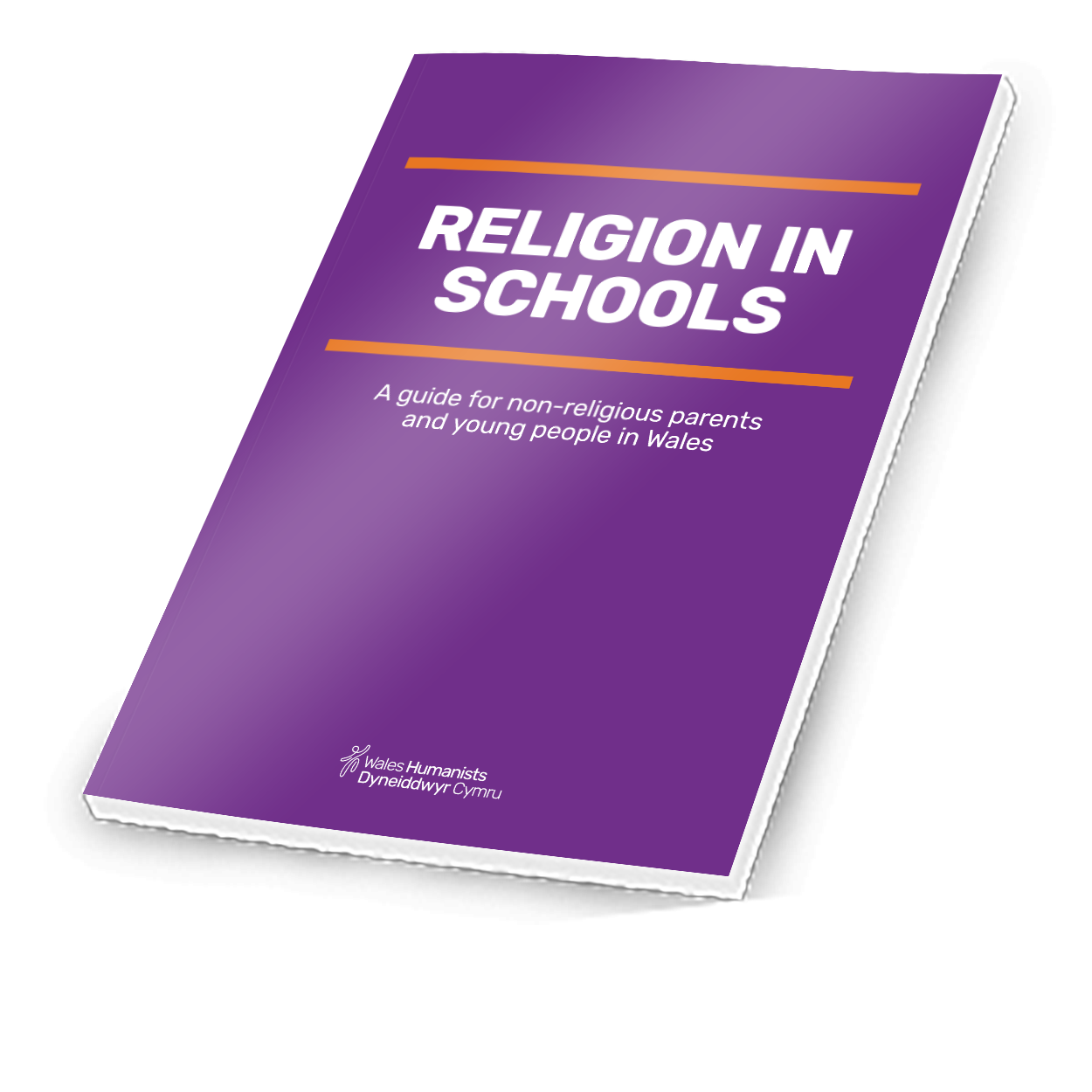
Both the Church of England and the Catholic Education Service (CES) appear to be refusing to recognise that their schools admit fewer children with special educational needs (SEND), despite the evidence published earlier this week that they are doing so. Humanists UK, which has long campaigned for inclusive schools suitable for all children – regardless of the religious background of their parents – said it was disappointed with the response from the country’s two main providers of state-funded Christian education.
Neither church acknowledged the clear facts of the matter. The Church of England’s Chief Education Officer Nigel Genders stated that its schools ‘serve the whole community’, and that it is committed to ‘meeting its legal obligations’ and prioritising ‘the needs of the most vulnerable’.
Mr Genders went on to say:
‘While the research gives no strong evidence that arrangements by admissions authorities for Church of England schools are a barrier to SEND applications, the church is taking active steps to promote equal educational opportunities through our national professional qualification programmes, which train leaders in evidence-based SEND practice, and supporting schools through trauma-informed practice and Send networks for leaders.’
In fact, Humanists UK’s own research from 2015 shows why the admissions arrangements for Church of England schools are a barrier to SEND applicants – because around a third of faith schools don’t make plain that, or how, SEND pupils can be admitted.
Meanwhile, the CES deflected from the issue by stating that Catholic schools ‘educate a much higher proportion of pupils from the most deprived backgrounds than other schools’. But this is not true. Humanists UK research has shown that Catholic schools take around 28% fewer pupils eligible for free schools meals than live in their local areas. It is true that Catholic pupils are more likely to come from deprived areas than others. But that simply reflects the fact that Catholic schools are more likely to be in cities than other schools. Indeed research has also demonstrated that Catholic schools are even more likely to be in deprived areas than their pupils. (At any rate, the deprivation of the area of a pupil is not a good measure because it doesn’t actually measure whether or not that pupil comes from a more or less deprived household in their area.)
Furthermore, this demonstrates that Catholic schools are doing even worse than they should be on SEND admissions. This is because children from ‘deprived backgrounds’ are more likely to have SEND – yet this week’s evidence clearly shows Catholic schools admit fewer of such children than other schools.
More generally, neither response has shown any interest in tackling the clear problem this week’s research has found: that Church of England and Catholic schools take fewer SEND pupils than other schools.
Humanists UK Education Campaigns Manager Robert Cann said:
‘It is well known that we disagree with the Church of England and the Catholic Education Service on the appropriateness of religious control of state-funded schools. But even so, it is incredibly disappointing to see them bury their heads in the sand when presented with clear evidence of the discrimination their schools perpetuate against SEND children.
‘At the very least it would have been good to see some humility. “We are worried about this evidence – we want to find out why the figures are what they are, and will investigate if there is anything we can do to bring our schools more in line with community schools” – might have been a better approach. As it stands, both organisations are simply perpetuating inequalities in a vain attempt to to justify this increasingly outdated system.’
Further detail on the research published earlier this week
The research, from Dr Tammy Campbell at the London School of Economics and Political Science (LSE), and which focused on primary schools, found that in 2020:
- Catholic primary schools admitted 24% fewer children with SEND than community schools without a religious character;
- Similarly Church of England schools that administer their own admissions admitted 15% fewer children with SEND;
- And Church of England schools where the local authority set their admissions policies (which may include religious selection) admitted eight per cent fewer children with SEND.
Furthermore, children with an Education, Health, and Care Plan (EHCP) faced similar barriers to admission to faith schools.
The problems with faith schools
This week’s findings on SEND children add weight to earlier research from Humanists UK and others, which has shown that state-funded faith schools – particularly those that religiously select – admit fewer poor children, are the most racially segregated state schools, and frequently discriminate against care-experienced children in their admissions policies. They also, of course, are religiously segregated. Furthermore, faith schools are known to use religious education and collective worship to evangelise and indoctrinate. Taken together, all this evidence demonstrates clear discrimination across the board, wholly inappropriate for the state school system in modern Britain.
Following evidence from Humanists UK, the United Nations Committee on the Rights of the Child recently criticised the UK Government for permitting faith-based discrimination in school admissions. Despite this, the present Government shows no signs of changing policy, and the leader of the opposition has recently been called out for showing similar support for such a discriminatory system.
Need to navigate religion in schools?
Notes
For further comment or information, media should contact Humanists UK Director of Public Affairs and Policy Kathy Riddick at press@humanists.uk or phone 020 3675 0959.
Read Dr Campbell’s research Serving their communities? The under-admission of children with disabilities and ‘special educational needs’ to ‘faith’ primary schools in England.
Read more about our work on state-funded faith schools.
Read our story about faith schools widening social disadvantage.
Read our story about Sir Keir Starmer’s recent comments on faith schools.
Humanists UK is the national charity working on behalf of non-religious people. Powered by 110,000 members and supporters, we advance free thinking and promote humanism to create a tolerant society where rational thinking and kindness prevail. We provide ceremonies, pastoral care, education, and support services benefitting over a million people every year and our campaigns advance humanist thinking on ethical issues, human rights, and equal treatment for all.




